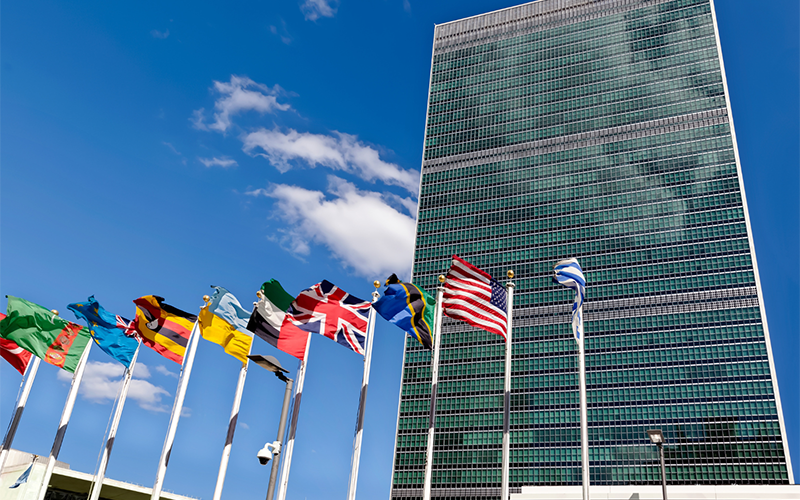
WFPHA at UNGA78: Statement on Pandemic Prevention, Preparedness and Response
News
Sep 20, 2023
The 78th session of the United Nations General Assembly (UNGA 78) takes place in New York in September 2023. It marks a crucial milestone in the journey towards achieving the 2030 Agenda and the urgent need to put the 17 Sustainable Development Goals (SDGs) back on track.
During the UNGA 78, the President of the General Assembly, in collaboration with the World Health Organization (WHO), convenes a High-Level Meeting on Pandemic Prevention, Preparedness and Response (PPPR) on September 20, 2023. The overall theme of the meeting is “Making the World Safer: Creating and Maintaining Political Momentum and Solidarity for Pandemic Prevention, Preparedness and Response”.
The meeting consists of an opening segment, a plenary segment for general discussion, two multi-stakeholder panels, and a brief closing segment. The themes for the two panels are: Ensuring Equity through Governance and Accountability for PPPR by Utilizing Multi-sectoral Coordination at All Levels; and Ensuring Equity through Capacity Building for PPPR and Harnessing Timely, Sustainable and Innovative Financing and Investment.
It convenes Heads of State and Government for a one-day meeting to adopt a political declaration aimed at mobilizing political will at the national, regional, and international levels for pandemic prevention, preparedness and response.
This meeting approves a political declaration, agreed in advance by consensus through intergovernmental negotiations, to be submitted by the President of the General Assembly for adoption by the General Assembly.
The WFPHA attends this high-level meeting with a strong statement, as follows:
The current zero draft of the pandemic instrument invokes language that attests to a desire to prevent the next pandemic. Yet, on the heels of a summer marked by climate catastrophe, we are reminded that the inextricable links between the changing world we inhabit and ourselves means the next pandemic will likely soon befall us. Yet we remain ill-prepared to face its consequences, and political wills continue to encumber the process of creating such a draft. The failures of the pandemic, still felt by much of the world, particularly in low- and middle-income countries, derive from systemic and structural inequalities that continue to place the most vulnerable at risk. Platitudes and buzzwords, while well-intentioned, will ring hollow if they are not followed by concrete policies and actions to rectify the injustices still leading to unequal proportions of disease, disability, and death. It is not enough to remind all of you that One Health means our own health depends upon that of our planet—of the oceans, the lands, the animals, and the fellow humans that live in it. It is not enough to remind all of you that any attempt to combat a pandemic must adopt an approach that prizes humanity above profit and power. True, systemic change mandates that the language of such a draft precisely defines the necessity of universal health coverage, of knowledge sharing amongst countries that permits equitable access to information, research, vaccines, and pharmaceuticals, such that all countries are empowered to protect each and every one of us.
